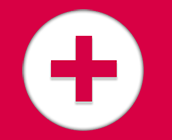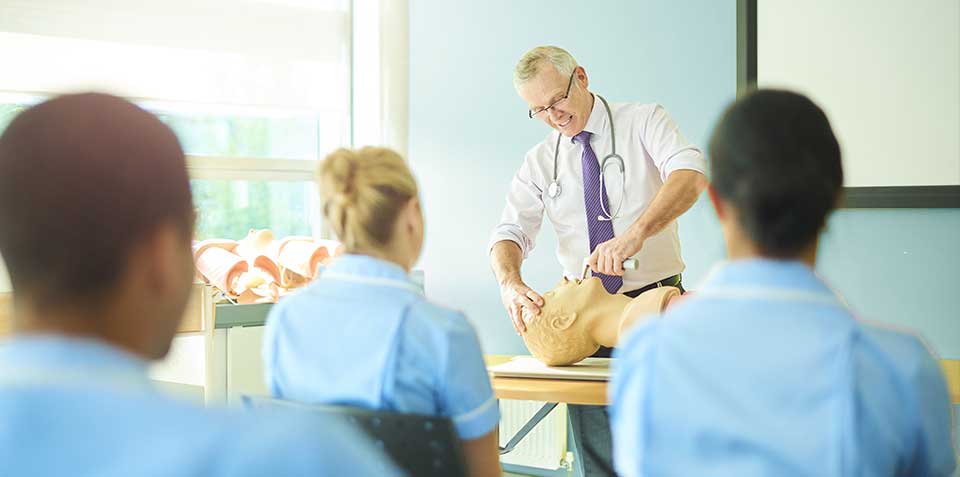An LPN or Licensed Practical Nurse career is a great choice for students looking to enter the medical field. LPNs assist other medical professionals such as doctors as they perform necessary medical responsibilities in various facilities. From basic nursing care to educating patients on their diagnosis, an LPN is an integral part of any medical team.
Is LPN School Hard?
It’s important that you’re able to give patients the best care available. Because of this requirement, during your LPN education, you’ll take courses involving subject matter that is often technical in nature. Some of these courses may include:
- Anatomy
- Physiology
- Biology
- Chemistry
- Mental health concepts
- Surgical nursing
- Pediatric nursing
- Legal aspects of nursing
Although these courses can be challenging at times, you’ll receive everything you need to succeed, from the necessary textbooks to study guides and NCLEX test prep. Plus, through clinical externships, you’ll be able to learn new skills through hands-on training. Classes are offered during the day or in the evening based on your specific needs.
The Necessary Process to Become an LPN
What does the LPN education process look like? At Cambridge, the Practical Nursing program is offered in 54 and 85-week schedules to fit your unique needs. This includes a grand total of 1,350 clock hours. You have the choice between a year or a year and a half to complete your necessary education.
Once your education is complete and you receive your diploma, you’ll need to take and pass the NCLEX-PN examination to become licensed as a practical nurse. It will take approximately six weeks to receive your official test results. Once approved, you’re ready to start your LPN career. It’s important to note that the job search can take some time, depending on the facilities you wish to pursue.
Starting Your LPN Education Is Simple
Starting down the LPN career path is simple. All you have to do is apply for an LPN program at an accredited college or university. Not sure if an LPN program is for you? Do you still have questions? To get those questions answered or to learn more about our LPN program, give us a call today at 877-206-4279


